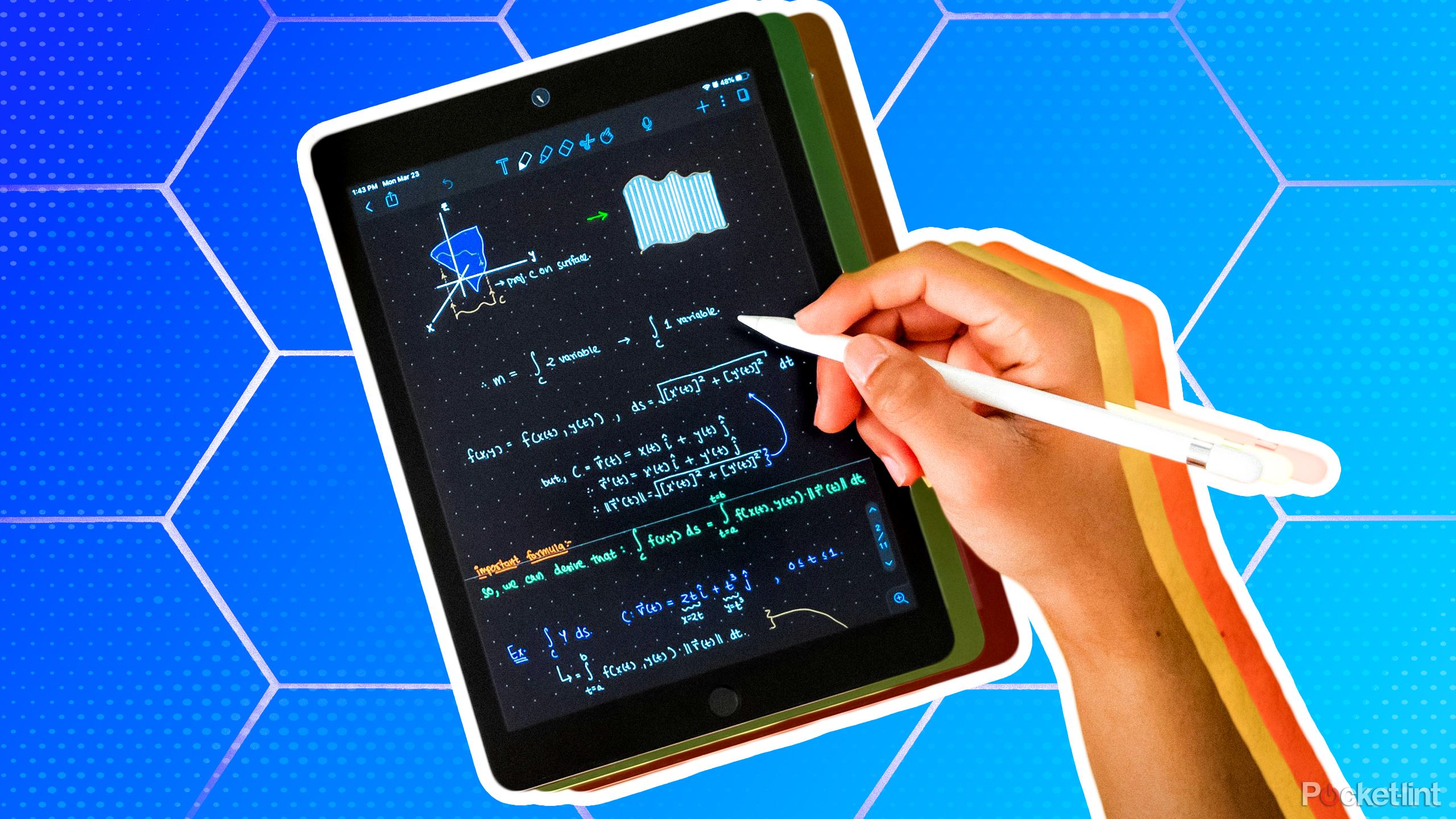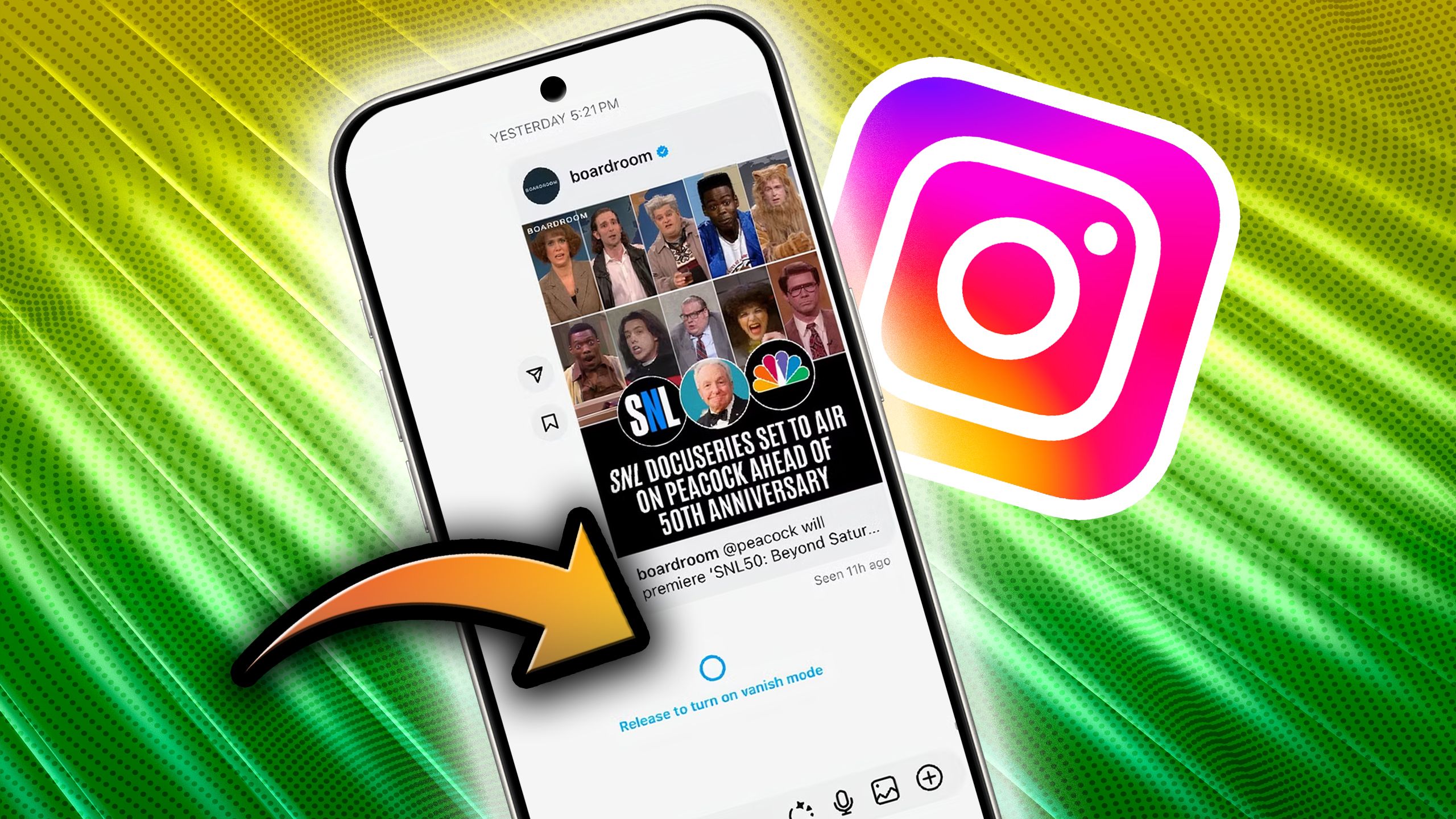Bing’s new Android and iPhone apps let you speak to its ChatGPT brain
Microsoft’s new ChatGPT-powered Bing search engine is evolving fast – it’s now made the leap to Android and iOS smartphones with new mobile apps that also deliver voice search.
The new apps, which are available today, bring Bing’s new AI chat powers onto our phones for the first time. Assuming your account has access to the new search engine, you’ll be able to summon its chat assistant by tapping the Bing icon at the bottom of your screen.
But the real game-changer, and a harbinger for the future of AI search, is the addition of voice search to Bing’s mobile experience, which Microsoft says is one of its preview community’s “most requested features”.
This means you’ll be able to physically talk to its ChatGPT-powered brain in a more casual way than the desktop version, quizzing it about trivia or potential dinner options (like in Microsoft’s preview image above).
Not content with those new features, Microsoft is also making the new Bing available on the homepage of the Microsoft Edge mobile app – and launching a worldwide preview of what it’s calling “AI-powered Bing for Skype”.
This will let you add Bing to your Skype group, like a standard Skype contact, and ask questions for the whole group to see. Microsoft says this could be particularly useful for organizing trips, where you can get Bing to chime in on weather forecasts and what’s happening at travel destinations during your visit.
Microsoft says you can choose whether you want your answers to be provided in bullet points, text, or a more simplified response. If you have a multi-lingual group chat, it can also translate its answers into over 100 languages. Naturally, Microsoft says it will bring these skills “to other communications apps, like Teams, in the future”.
Analysis: Microsoft’s ‘co-pilots’ spread their wings
(Image credit: Microsoft)
Microsoft’s new Bing and Edge mobile apps, alongside its new ChatGPT-powered Skype, show that the real power of AI chatbots is seeing them baked into existing apps – as well as voice assistants.
We’ve already seen the power and considerable limitations of combining AI chat with search engines during the two weeks since Microsoft launched its new version of Bing on desktop.
As we’ve previously argued, rushing ChatGPT-powered Bing onto iPhones and Android could be a bad idea, given that the tech is still embryonic and capable of forgetting things, getting slightly aggressive, or simply fabricating answers.
Given that, as Microsoft claims, 64% of searches take place on mobile phones, these new apps will likely only stretch the limits of its AI-powered tech even further. Still, the recent introductions of guardrails to keep Bing chats limited to five replies per conversation could certainly help improve the experience – and this will presumably also be the case on its mobile apps.
Microsoft is also building up quite a lead on Google in baking these AI features into its software, with Skype and soon Teams benefiting from their ‘co-pilot’ assistance. This piles the pressure onto Google to add similar features to the likes of Google Sheets, which has so far only benefitted from ChatGPT plug-ins.
We’re also looking forward to seeing how well ChatGPT works with voice search – if the experience is good, it bodes well for a future where the likes of Alexa and Siri (plugging into similar AI-powered tools) actually fulfill their early promise and become good.






